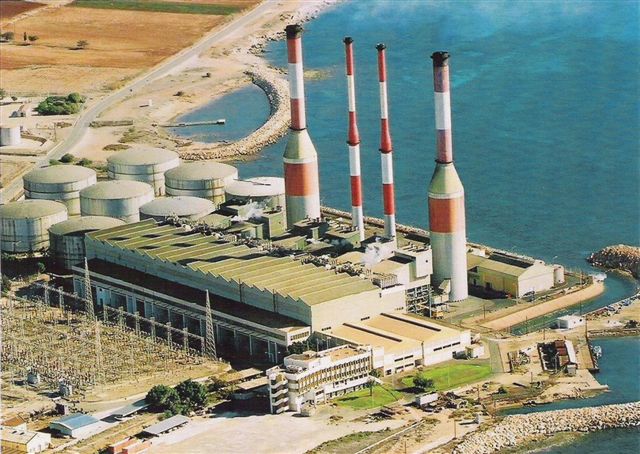There is no doubt that prices, in general, are rising, and we need to have a plan to tackle this soaring price hike.
This analysis is limited to the increase in the price of electricity, given that it affects not only business and production-related activities but also all households.
We have heard suggestions to reduce, temporarily, the VAT rate from 19% to 5% for vulnerable groups or even lower the VAT on electricity to 5% for everybody for three months.
This matter will be discussed in Parliament, and the House decision will affect all of us.
We need solutions for the future and not only remedies for the present.
A meaningful discussion is the first step towards developing a comprehensive action plan to address the continuing price increase.
An analysis of the cost of electricity would help this discussion, hoping that this will be the beginning of drafting a plan of action against rising prices.
The price of electricity includes the production costs, and oil – as a raw material – is an essential part.
Moreover, there are distribution costs and the cost for using the system and various adjustments and levies such as emission rights for pollutants (EUA).
There is also the VAT, at 19%, and the mandatory contribution to the Fund for Renewable Energy Sources and the Fund for Saving Energy.
The only way to cut down production costs is to open up the market, reducing costs because of competition. However, distribution costs will remain the same.
Oil prices are a matter for the international markets to decide, and we cannot control them.
Nonetheless, we have not done anything about using natural gas to produce electricity for years, and we continue to burn mazut.
However, we are still hoping to have natural gas, which is said to reduce the range of 25% in the price of electricity. Achieving this objective, however, is still a long way off.
An area that offers the possibility to intervene relates to the charge imposed by the EU on the pollutants (EUA), given that burning oil causes substantial pollution.
The Cyprus state collects the amount paid as a levy. It could be used to develop and implement a plan to reduce the reliance on pollutant methods for electricity production and instead turn to Renewable Energy Sources.
This money should not be part of the state’s overall revenue and should not be used for the needs of the state budget.
It must be used to help us convert to green energy sources for the future, but in addition, the VAT charge imposed on this levy should be abolished.
It is tragic to see the consumers pay penalty charges because of the pollution caused and pay a 19% VAT levy on this.
Charles Ellinas, an energy expert, estimates that if this VAT charge is eliminated, it will bring an immediate reduction in the region of 3% in the price of electricity.
Furthermore, taxes relating to Renewable Energy Sources and the Energy Conservation Fund, which the Cyprus Electricity Authority collects, can be returned to the consumer through a special programme to reduce electricity consumption from the EAC, since they will be able, for example, to produce electricity.
As a third step, action must be taken to reduce consumption through savings via smart systems for the distribution, storage, and economising in electricity consumption.
Finally, the proposed discussion on reducing the VAT rate could provide immediate relief to all households.
These issues must be debated with transparency as a matter of urgency.
By Achilleas Demetriades







